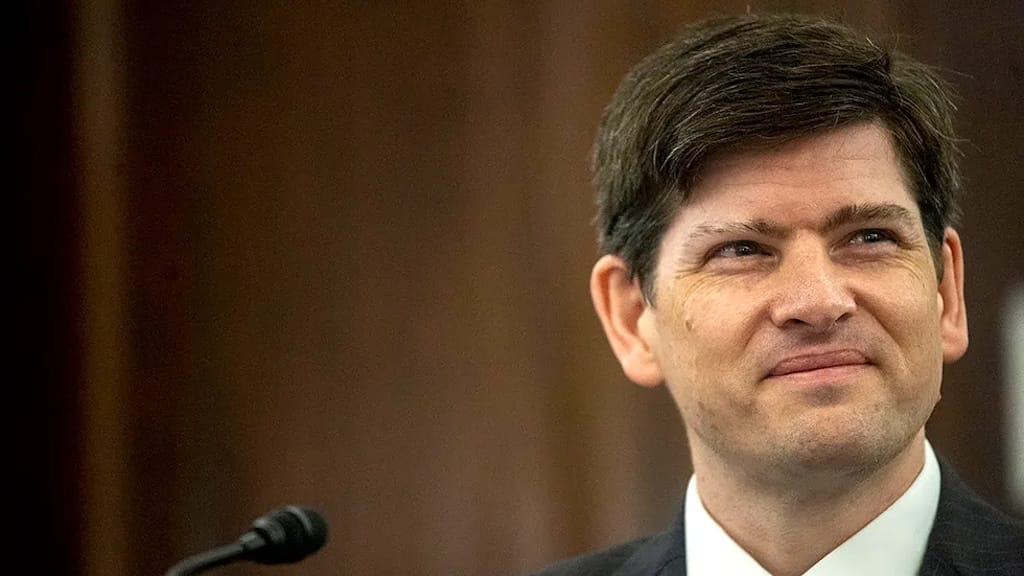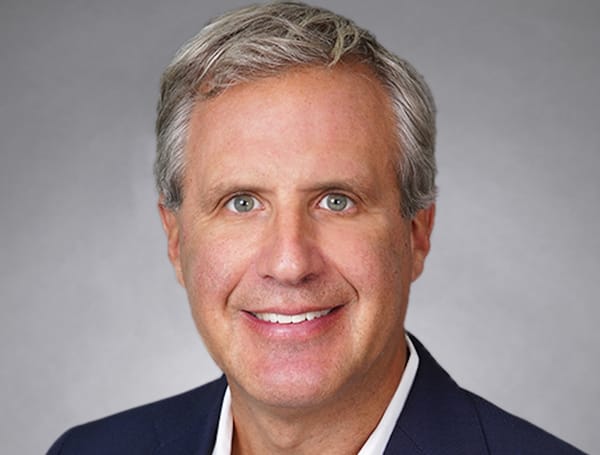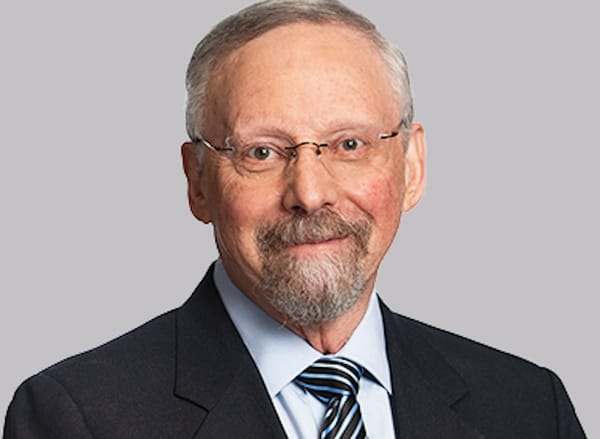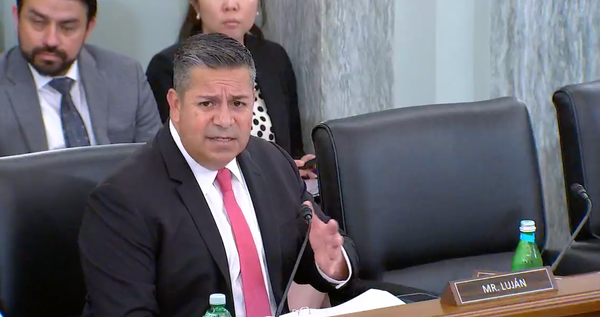Industry Praises FCC Proposal to Revamp the 5G Rural Fund
The FCC proposed adjusting the $9-billion budget allocated for the fund using updated maps

WASHINGTON, September 26, 2023 – Industry associations are praising a proposal from the Federal Communications Commission Thursday to review coverage areas based on updated commission maps so that the 5G Fund can reach more communities without the wireless technology.
Thursday’s vote proposes to help dictate the eligibility requirements for areas in need of support of the 5G Rural Fund for America.
The commission proposed adjusting the $9-billion budget allocated for the 5G Fund, the optimal methodology for consolidating eligible areas into smaller geographic regions for bidding, the feasibility to extend 5G Fund support to qualifying regions in Puerto Rico and the U.S. Virgin Islands, possibly mandating cybersecurity and supply chain risk management plans for 5G Fund recipients, and the possibility of whether the 5G Fund should be utilized to encourage the deployment of Open Radio Access Networks.
“What this means is that as we develop the 5G Fund and build the successor to our existing universal service program supporting wireless networks in rural America, known as the Mobility Fund, we will be able to incorporate this detailed picture of where service is and is not,” FCC Chairwoman Jessica Rosenworcel said. “We will be able to see gaps in coverage and ensure support actually reaches the communities that need it most.”
Meredith Attwell Baker, president and CEO of industry association CTIA, praised the commission’s decision “for recognizing the crucial role that mobile wireless services play in keeping Americans connected.”
“Implementing the 5G Fund and using the FCC’s new maps will help extend the benefits of advanced 5G services to more communities and consumers,” she said.
Tim Donovan, president and CEO of the Competitive Carriers Association, also praised the decision, saying the 5G Fund “has been a top priority for CCA, and we will continue to work with the Commission and our members to ensure the final rules preserve and expand mobile broadband access to every American.”
The commission also adopted Thursday new regulations to expedite space applications, the availability of spectrum resources for space launches, old rules to combat robocallers, and handed down over $100 million in fines.
FCC space and spectrum allocations
The FCC unanimously ratified the Expediting Initial Processing of Satellite and Earth State Applications Space Innovation, which is the adoption of new rules to expedite its processing of space and earth station applications.
It also unanimously ratified new rules ensuring that commercial space launches have the necessary spectrum resources for reliable communication. These adoptions will “promote safety, competition, innovation, and continued American leadership in the new Space Age,” the agency said. The new rules will also provide an allocation within the 2025 to 2110 MHz band for ground-to-launch vehicle telecommand which is needed for space launch operations, and make “the entire 2200 to 2290 MHz band available for launch telemetry.”
“I believe that the most important part of streamlining the FCC’s application processing procedures is ensuring swift and efficient FCC action—which will maintain U.S. leadership in the satellite communications service industry. It will also nurture the growth of the broader space sector, which includes new and innovative manufacturing processes, robotics, earth surveillance and exploration and other future innovations,” Commissioner Nathan Simington said.
Robocallers losing access to phone numbers
The FCC also voted in favor of adopting rules that would modernize the commission’s requirements on how Voice over Internet Protocol providers get direct access to telephone numbers.
The adoption sets in motion parameters to limit access to “phone numbers by perpetrators of illegal robocalls, protect national security and law enforcement, safeguard the nation’s finite numbering resources, reduce the opportunity for regulatory arbitrage, and further promote public safety.”
In line with the Telephone Robocall Abuse Criminal Enforcement and Deterrence (TRACED) Act, the new rules will require applicants to submit additional disclosures and certifications in regard to their “ownership structures and compliance with the Commission’s rules and state law and takes targeted steps to address the concerns” that were raised in the rulemaking.
These rules consist of making robocall-related certifications that will help ensure compliance with the commission’s rules targeting illegal robocalls; to keep and disclose current information about ownership, including foreign ownership, that will alleviate the risk of providing violators abroad with access to U.S. numbering resources; guarantee their compliance with other commission rules that are applicable to interconnected VoIP providers including particular public safety and access stimulation rules, and requirements to submit timely FCC Forms 477 and 499 filings; and compliance with state laws and registration requirements that apply to businesses in each state where numbers are requested.
FCC fines Dorsher Enterprise $116 million
The FCC additionally adopted a $116,156,250 fine against the Dorsher Enterprise, a group consisting of Thomas Dorsher, ChariTel, OnTel, and ScammerBlaster.
The Commission’s investigation revealed that the group promoted themselves as a crusade fighting against scam robocalls at the same “illegally robocalling toll free numbers” and used credits from their scam “to fund telephony denial of service (TDoS) attacks on other entities.”
The parties in the group, which allegedly made nearly 10 million robocalls to generate toll free dialing fees, are jointly liable for the fine.
“Dorsher’s claim that he was actually trying to ‘shut down scammers’ is meritless in the face of these facts,” Commissioner Geoffrey Starks said. “As I have said repeatedly, there are numerous hurdles to finding these bad actors, and bringing them to account for violations of our rules. I am pleased to see another example of how, by working together, we can untangle these schemes and protect consumers.”









